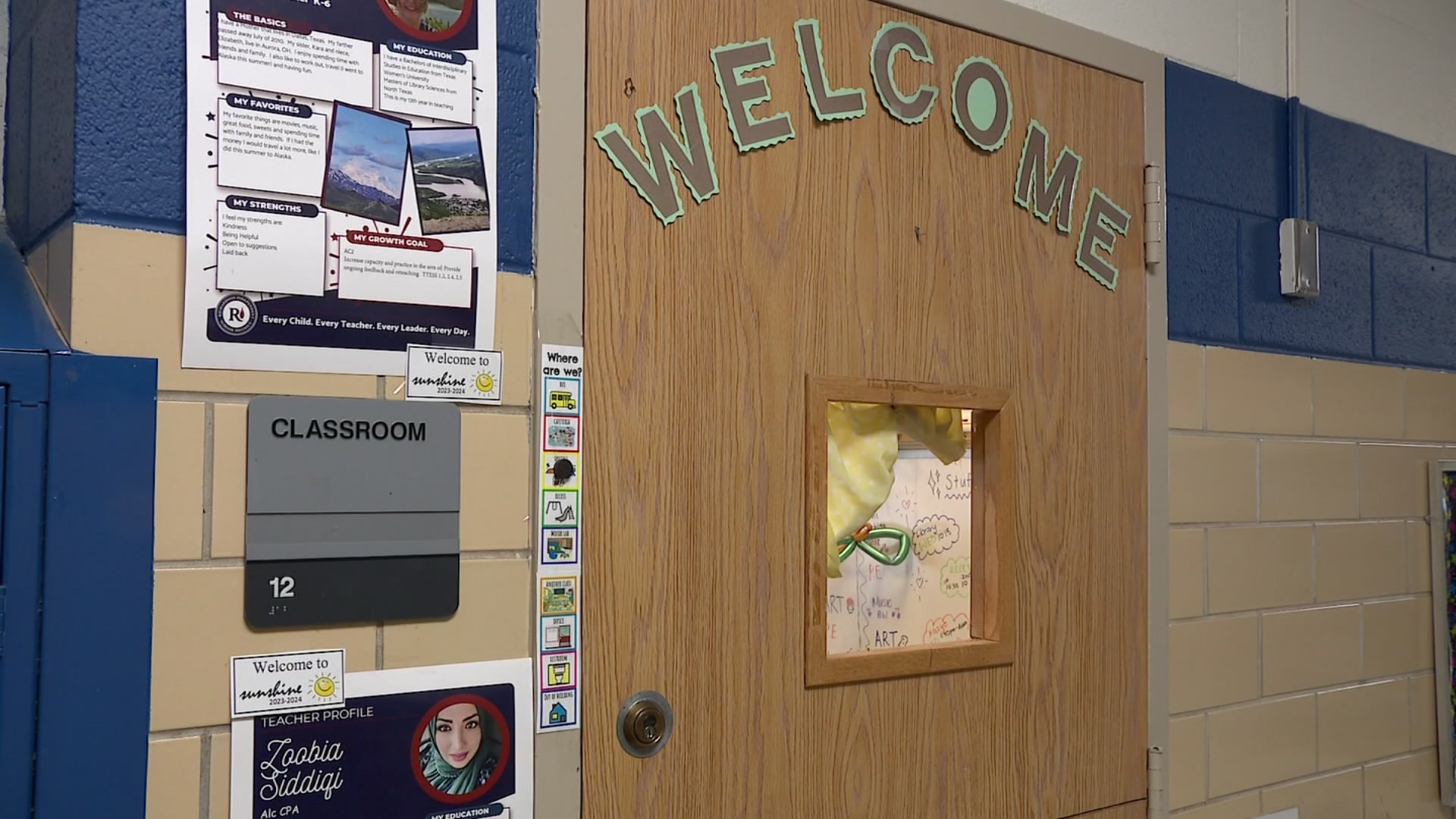A federal judge set a November trial date for the Department of Justice's lawsuit against the proposed merger of Fort Worth-based American Airlines and Tempe-based US Airways on Friday morning.
The DOJ had hoped to push the trial into 2014 to allow them time to prepare, but U.S. District Court Judge Colleen Kollar-Kotelly said Friday morning that March was "too far off." The airlines agreed and said a long delay would threaten their merger.
The trial, which is scheduled for Nov. 25, is expected to last about 10 days. The DOJ plans to call about 15 witnesses while the airlines are planning for six.
The airlines were close to completing a merger to create the world's biggest airline, but the Justice Department and six states, including Texas, sued this month to block the deal. Opponents of the deal said it would reduce competition and lead to higher prices for travelers.
The two airlines argue that their merger would increase competition by creating another big competitor to United Airlines and Delta Air Lines, which grew through recent mergers. US Airways attorney Richard Parker also pointed to the presence of other competitors including Southwest, which carries more passengers within the United States than any airline.
"We will be talking to these airlines," said Parker. A review of other airlines' documents and interviews of their executives will establish that competition in the industry is robust, he suggested.
But the Justice Department's lead attorney maintained that the proposed merger raised a number of competitive issues, including prices and the impact on some markets. The government will want to question airline executives about, for example, how fees are set for baggage and ticket changes, Justice attorney Mark Ryan said.
And Ryan said it's impossible to accept the airlines' assertion that a plan to cut costs would make the combined new carrier more efficient and save consumers money, without the government being able to see details of the plan.
Parker cited the government's previous approval of big-airline mergers such as Northwest with Delta and United with Continental. "By that standard, our merger passes muster by 10 miles," he insisted.
Local
The latest news from around North Texas.
Ryan retorted, "What we did in past mergers is not a defense to this merger."
Justice Department lawyers have also pointed to recent record profits at both airlines -- July's profit was a one-month high at American parent AMR Corp., which has been cutting costs under bankruptcy protection -- to argue that the companies don't need to merge to survive.
Both sides said in a court filing this week that they were open to a settlement that would avoid a trial, although each made comments suggesting that they were not close to agreement.
If the merger is blocked, AMR will have to rewrite its plan for emerging from bankruptcy protection. The merger is a key part of that plan.
A bankruptcy judge in New York signaled Thursday that he's leaning toward approving American's emergence from bankruptcy protection but wanted more time to reflect. Judge Sean H. Lane could sign off on the restructuring plan at the next hearing on Sept. 12 or in a written decision earlier.
The Justice Department has said it's particularly concerned that the newly-combined airline would have 69 percent of the takeoffs and landings at Ronald Reagan Washington National Airport. The department also -- for the first time -- looked beyond non-stop routes, saying that connecting flights between 1,043 city pairs would no longer have an acceptable level of competition.
Some of those routes see very few passengers. For instance, there are five people, on average, each day flying between Little Rock, Ark. and Harrisburg, Pa., and another five flying in the other direction, according to government data.
NBC 5's Scott Gordon contributed to this report. For the latest, follow Scott on Twitter @ScottGordonNBC5.



